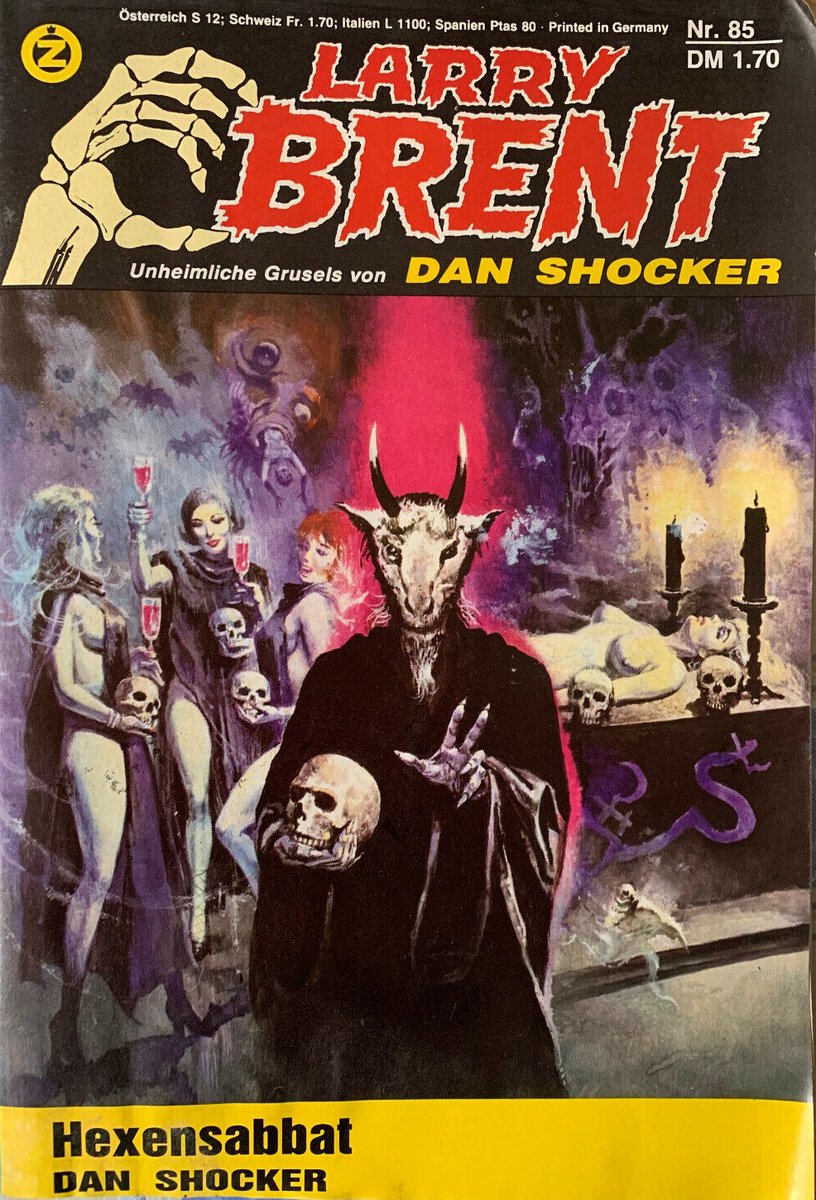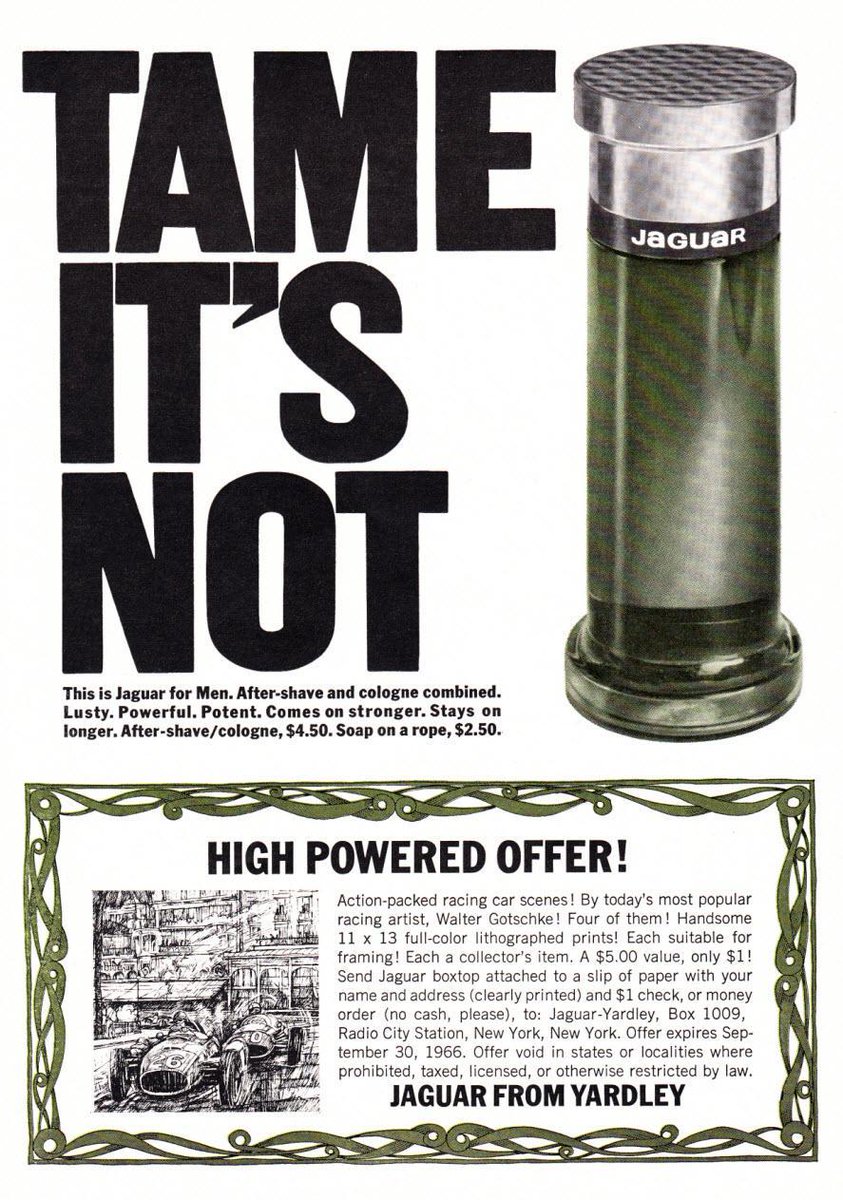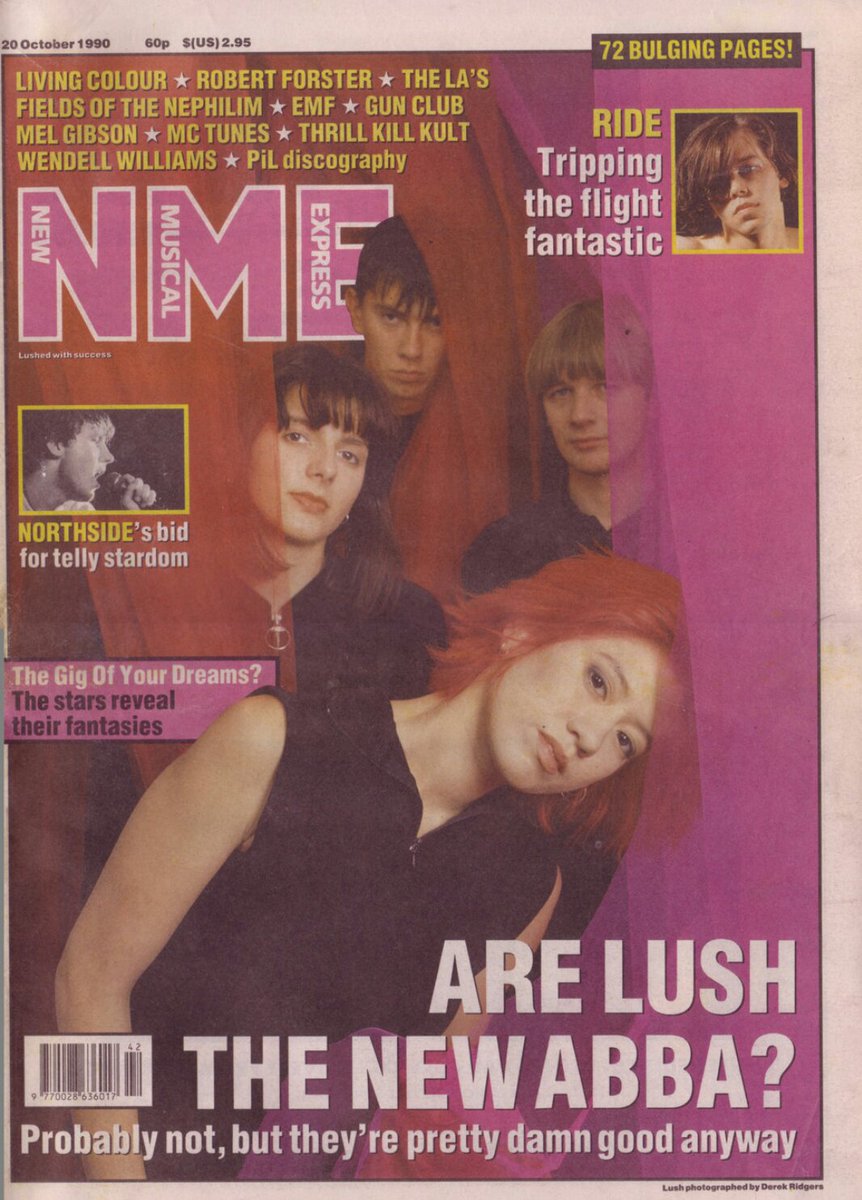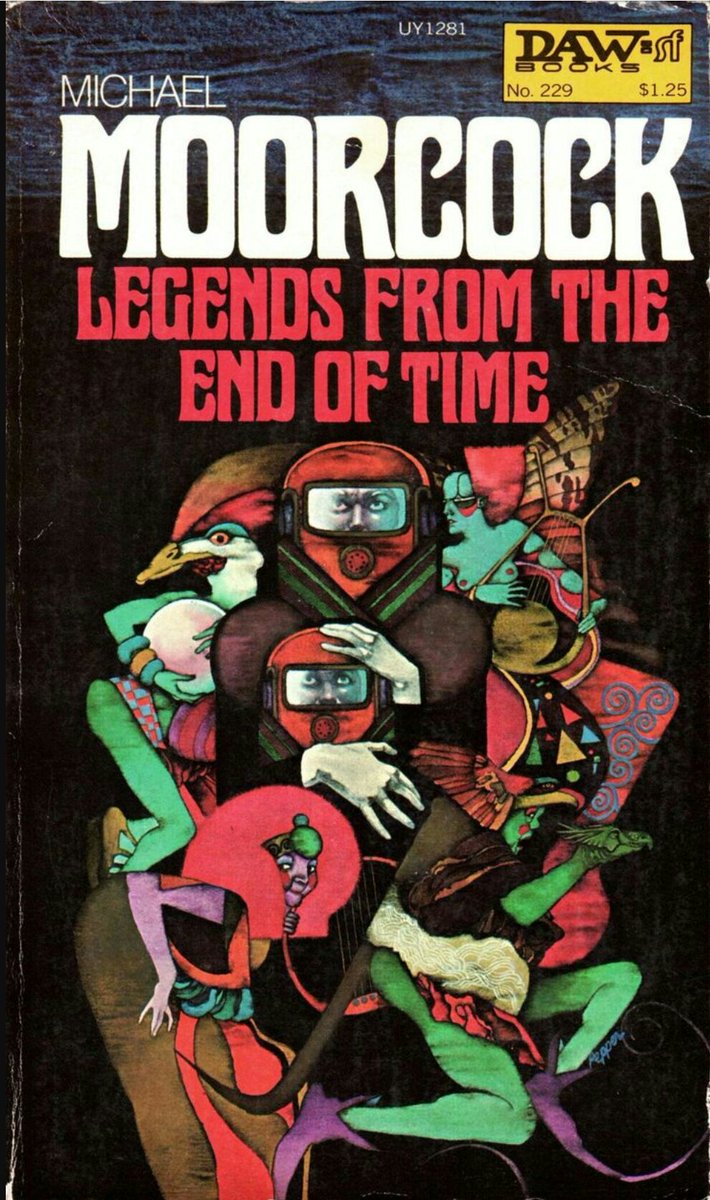
Tonight is #BonfireNight, an event that puzzles many readers from outside the UK. What is this festival of anarchy and why do the Brits keep doing it?
Let me try to explain...
Let me try to explain...

Guy Fawkes Night is a traditional re-enactment of naked sectarianism, domestic terrorism, licensed beggary, arson, anarchy and disrespect. It's all very quaint and happens each year on the 5th of November - #BonfireNight! 

BonfireNight 'celebrates' the disruption of an attempt to blow up the Houses of Parliament in 1605; a time in British history when everyone hated everyone else due to religion, nationalism and politics that would culminate 40 years later in a massive civil war. Like you do... 

Effegies of the plot leader Guy Fawkes are burnt on huge public bonfires to commemorate the event, accompanied with fireworks, disgusting jacket potatoes and moaning about how early they advertise Christmas nowadays. 

But the real meaning of Bonfire Night is explosives! We're really commemorating the time when citizens had ready access to military grade ordinance - like we did in the war. It's a special moment when a father first presents gunpowder and matches to his kids... 

Another reason we celebrate Bonfire Night is because it's NOT American! Unlike Halloween with it's trick or treating - exposing children to 'stranger danger' and type-2 diabetes - we prefer British children to play with powerful explosives in front of a massive conflagration. 

#BonfireNight cuts across Britain's strict class hierarchy; public schoolboys delight their teachers by setting fire to their school, whilst street urchins merrily steal anything not nailed down for a wasteground bonfire - the cheeky scamps! 



British parents force their children to stare at the local bonfire on Bonfire Night in the same way Time Lords force their children to stare into the burning vortex of time itself. The results are much the same: no permanent psychic damage ever occurs.
Alas the British fireworks industry, like the British Space Programme, is in decline. Foreign brands now flood the market and whilst they 'say' they will sparkle and delight they rarely deliver. Apparently they blame the weather over here. 

Fireworks are of course very dangerous and parents are meant to follow the Fireworks Code: keep them in a biscuit tin and set them off all at once with a lit Benson & Hedges or something. It's hard to read this thing at night you know! 
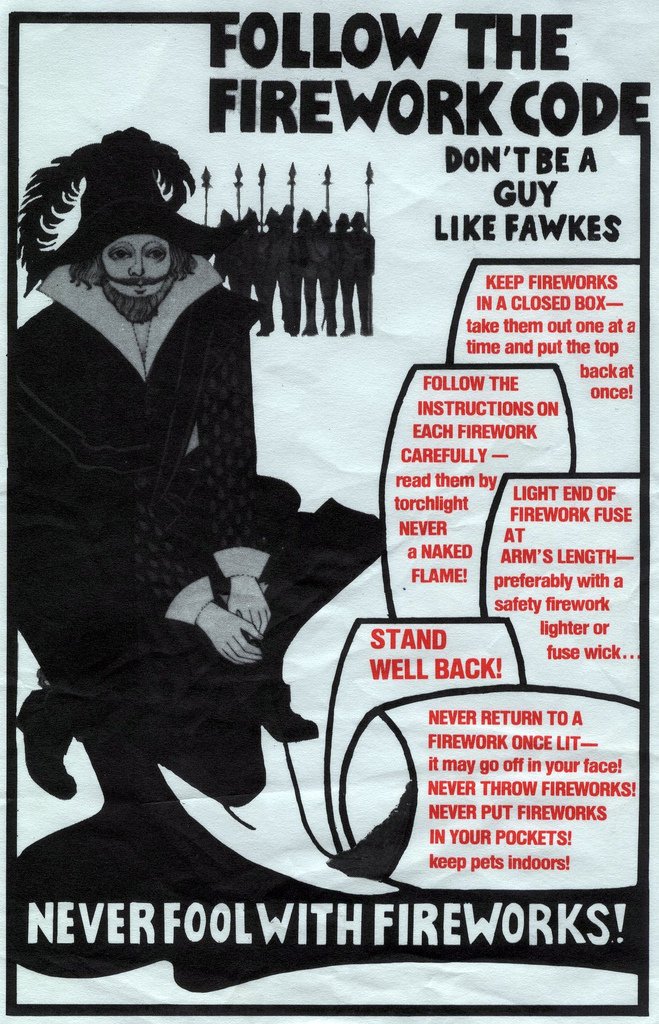
Many people want to ban Bonfire Night: it terrifies pets, threatens wildlife and causes many injuries. These are all valid concerns, and soon bonfires - like asbestos blankets, lead paint, mercury tooth fillings and fireworks boxing matches - will become relics of our history. 

Time passes, and many traditions pass with it. After all "It is Guy Fawkes who is remembered today, and King James who is forgotten."
More stories another time...
More stories another time...
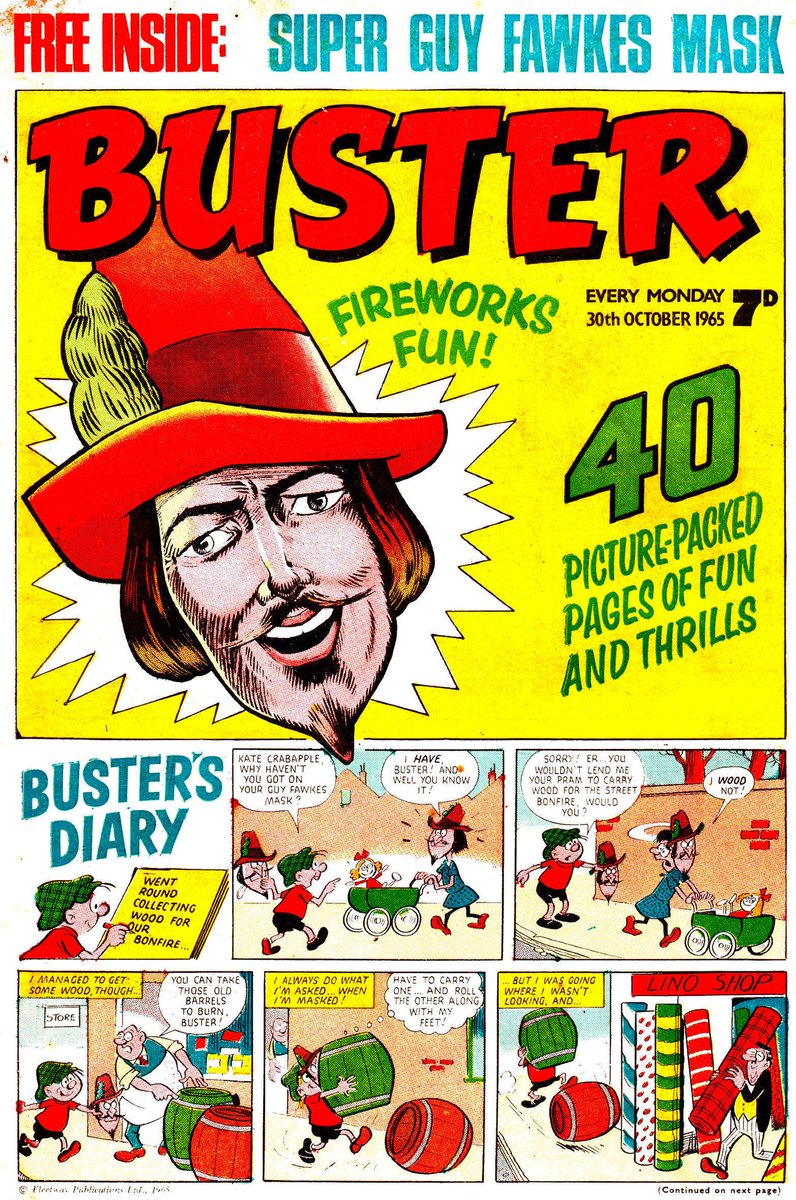
• • •
Missing some Tweet in this thread? You can try to
force a refresh


